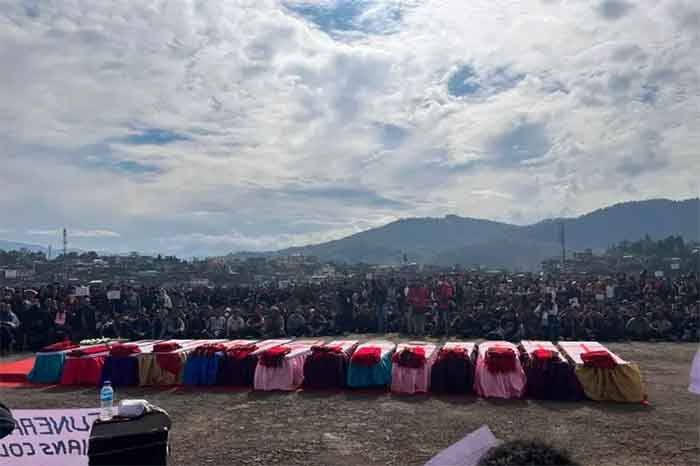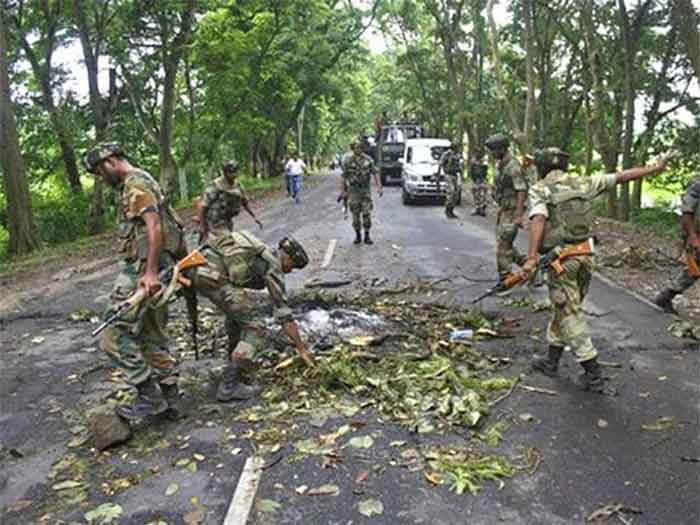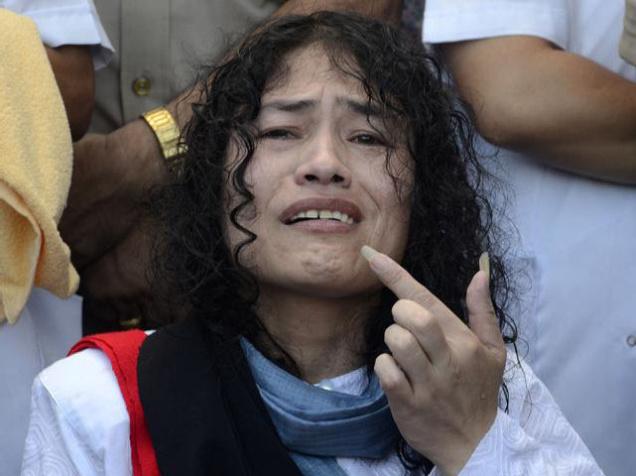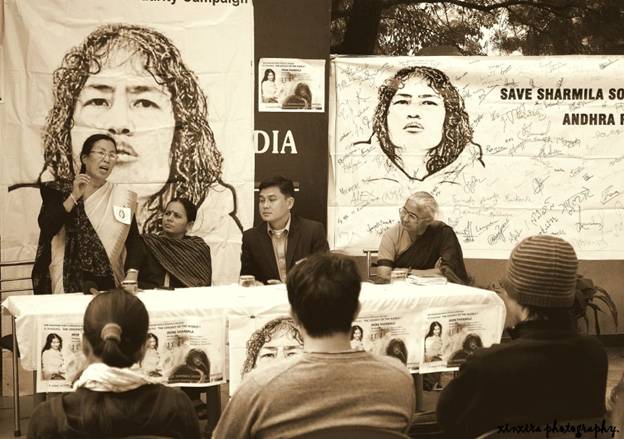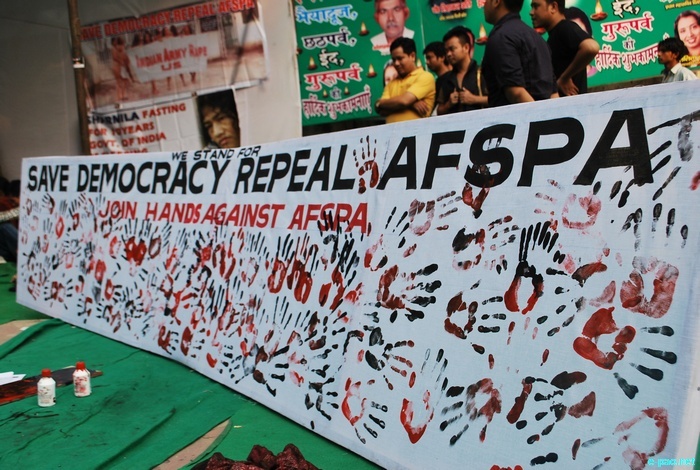
The news of extension of AFSPA, w.e.f, 1 October 2022, though not surprising is, nonetheless, befuddling.
Reports state that AFSPA has been extended for a period of six months in three out of the 26 districts of Arunachal Pradesh, viz., Tirap, Changlang and Longding districts and areas under Namsai & Mahadevpur police stations in Namsai district.
In the state of Nagaland, out of the 16 districts, AFSPA has been extended in nine districts of Nagaland, namely, Dimapur, Niuland, Chumoukedima, Mon, Kiphire, Noklak, Phek, Peren and Zunheboto. AFSPA has also been extended in the areas falling within the jurisdiction of i) Khuzama, Kohima North, Kohima South, Zubza and Kezocha police stations in Kohima District; ii) Mangkolemba, Mokokchung-I, Longtho, Tuli, Longchem and Anaki ‘C’ police stations in Mokokchung District; iii) Yanglok police station in Longleng District; and iv) Bhandari, Champang, Ralan and Sungro police stations in Wokha District.
It is perplexing that the government has been repeatedly extending in Nagaland and those districts in Arunachal that have significant population of Naga tribes, in spite of the fact that in Nagaland there has been an armistice with the NSCN (IM) for a period of over two decades. Furthermore, as per the provisions of this armistice the cadres of the NSCN-IM have to live in designated camps.
With mobility of the NSCN-IM cadres confined to the designated camps, one wonders at the need for repeated extensions of AFSPA, which gives extraordinary powers to the armed forces in disturbed areas to search, arrest, and to open fire if they deem it necessary for maintaining public order.
With the restrictions on the mobility of NSCN-IM cadres, a rational case can be made to allow the civil administration and state police to take care of the administrative and security work of Nagaland and Arunachal. An argument that finds traction since as per the provisions of civilian and criminal laws a state government is empowered to call for the help of armed forces if public order threatens to go beyond their control.
Tactical wisdom of the current extension is questionable. The government chose to extend AFSPA in Arunachal and Nagaland at a time, when after a long hiatus this week witnessed a breakthrough in the stalled Indo-Naga peace. That GoI decided to extend AFSPA, even as media was circulating sanguine developments in the talks of the interlocutor first with the representatives of NSCN-IM and then with the representatives of NNPG; may lead to speculations on the veracity of the reports. That the government chose to extend AFSPA could make one wonder if, indeed, media reports, on the possibility of a “final solution”, are an accurate reflection of the state of the talks.
Policy formulators ought to consider the talking points, that conducting talks in the shadow of AFSPA could provide to groups and individuals dissatisfied with the text of the “final solution”. One ought to revisit the critiques that were made against the Shillong Accord. Human history is repleat with evidence that treaty under shadow of guns is never the right receipe for durable peace.
These are enunciation in the interest of lasting peace — amicus Plato, magis amica Veritas!
Kumar Sanjay Singh
Associate Professor,
Department of History,
Swami Shraddhanand college,
Delhi University.

